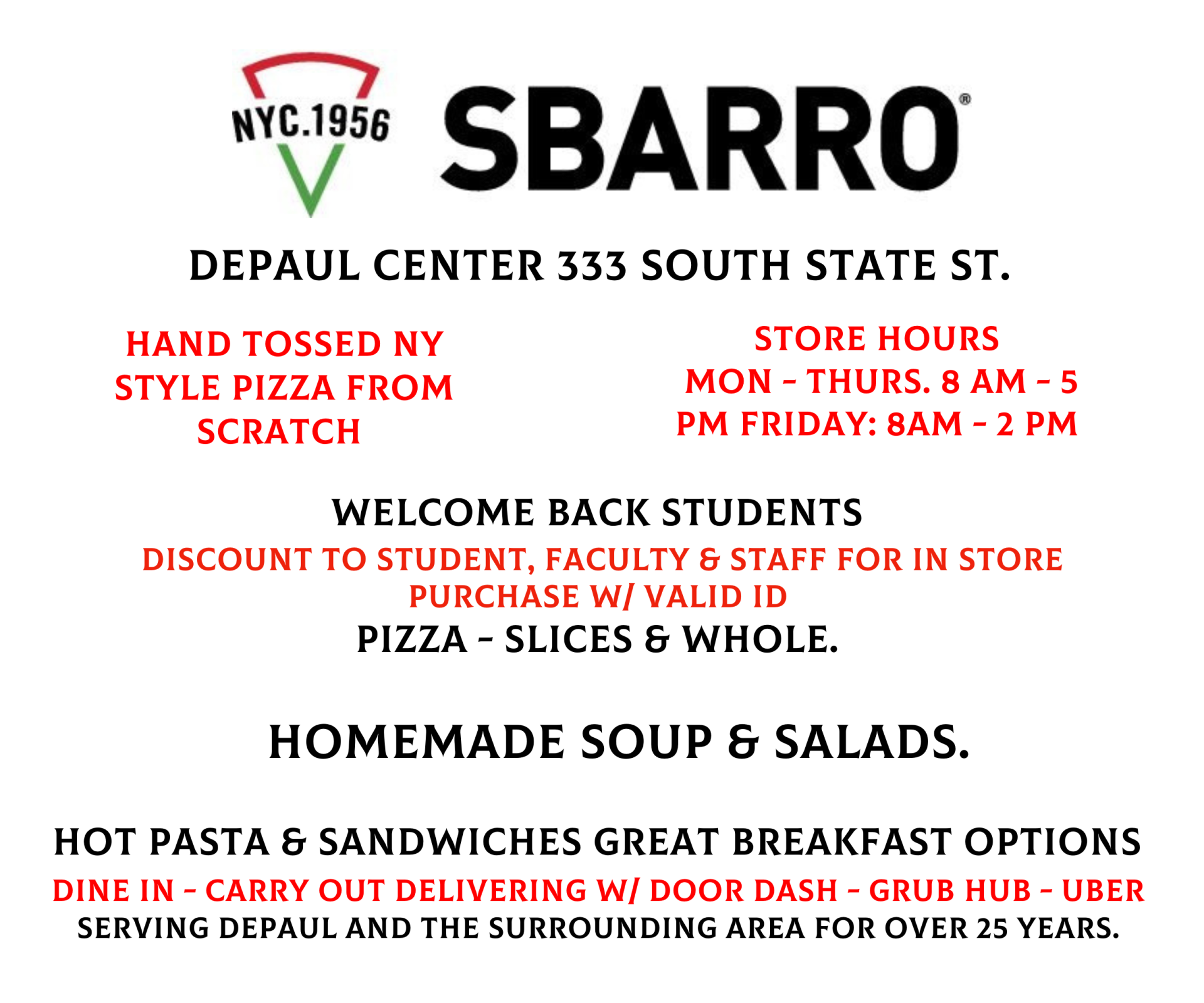Will Chicago ever have a seat at the fashion table?
November 12, 2018
Three Chicago fashion entrepreneurs and two Chicago fashion students say they are frustrated that Chicago has never had a seat at the fashion industry table.
That can change, but it will take more money and media coverage, they say.
Tony Long, the CEO of FashionBar Chicago, said, “We can be leaders in fashion if we had a place at the table. Instead, we’re building a table, and offering seats for people to sit down.”
Arabel Rosales, the CEO of AAR & Associates and co-founder of Latino Fashion Week said, “There’s a little bit of a disconnect in the sense that we have these incredible designers that are here, and we have a number of boutiques–but there’s not enough branding and promotion that is done for those boutiques.”
Emma Hinton, a recent graduate of Columbia College Chicago who majored in Fashion Business, had similar thoughts.
“I think Chicago could definitely keep with cities like NYC And LA if we had more of a fashion presence in the media. Social media and influencers are huge now in the industry,” Hinton said.
Long also made a point to say that an industry needs to be established first.
“Chicago has a passion for fashion, we have nearly eight to 12 fashion schools,” she said. “There’s a reason why these students are paying $30,000 to $60,000 for an education. An industry needs to be established.”
George Vlagos, founder of Oakstreet Bootmakers, said he would like to see more plaudits for the quality of Chicago’s fashion industry.
“We don’t push fashion — it’s really about being a quality product,” he said. It’s about continuing to make something of value. I think if you’re making something of value, it can’t fizzle out.”
Greta Morgan, 20, and a junior at DePaul University, said that quality is not just for wealthier people, but that students like herself also enjoy having quality things.
“If I see something in a store that is not a well-known brand but has the quality, I would purchase that over say something similar that has poorer quality just to have the name on,” Morgan said.
“Most luxury brands you pay for quality over quantity, which makes it worth it for me.”
“In the long run, that is what sustains your brand. It’s about your brand being top quality,” Rosales said.
The bottom line is marketing, selling and moving goods from one place to another, Long said.
Hinton said Chicago already has what it takes.
“We can’t expect established designers to move their fashion houses to Chicago,” she said. “But what we can do is help promote up-and-coming and already established designers to stay here in Chicago, and really build their brand here.”
Rosales agrees that Chicago is a great place to start.
“When you’re looking at New York and LA or some of these other places to live at, we’re still in a much better position,” she said. “We still can give you a really good foundation to work from, to build from, to build your business from, and then you go out and market and brand outside.”



